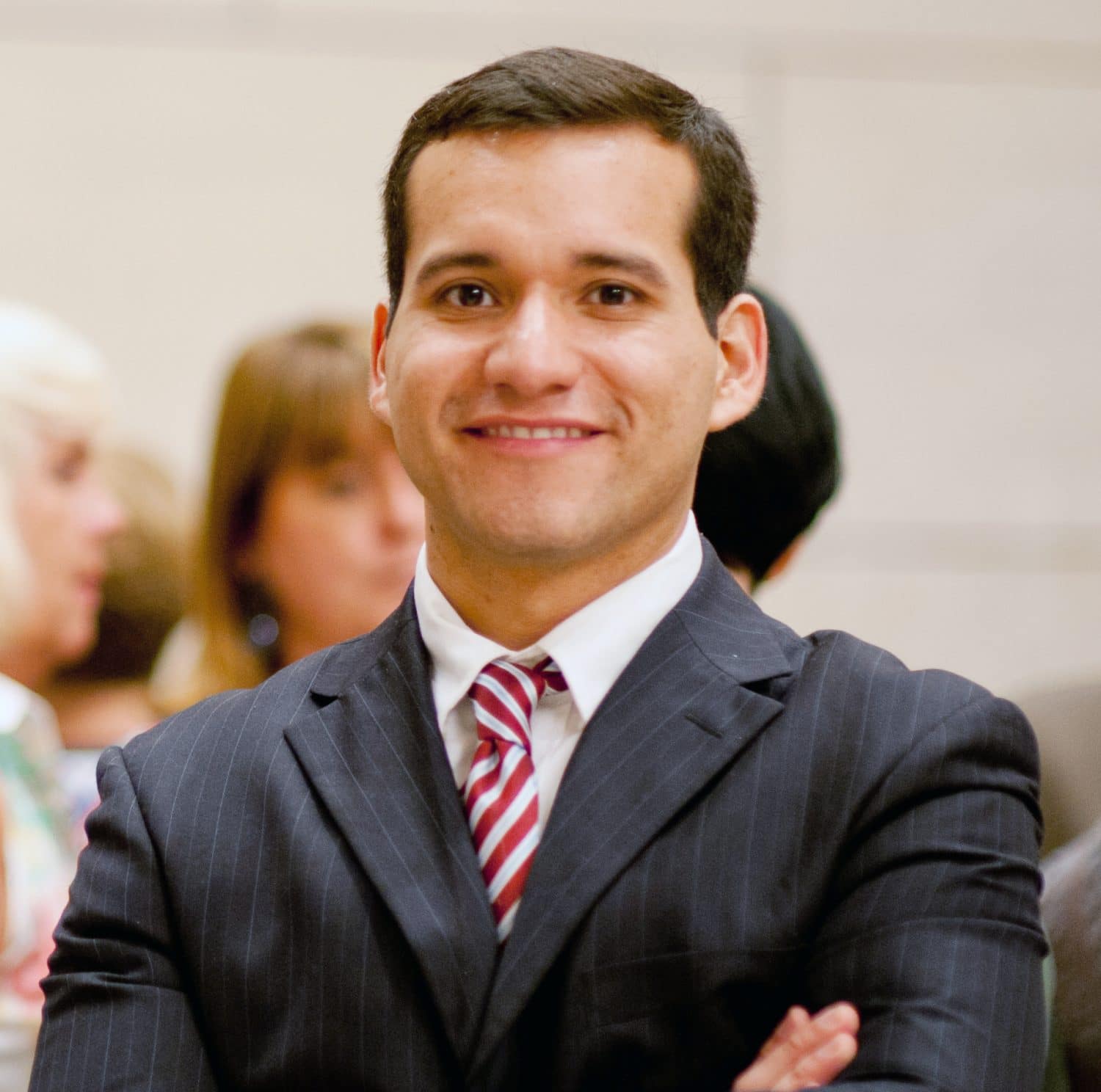Great teachers are to be treasured, but how do we recognise them?
If you were present at the last BRAZ-TESOL National Convention in João Pessoa, you may, just like me, keep going down memory lane and think about the highlights of the conference. For me, one of these highlights, was when the brilliant plenary speaker J. J. Wilson said “Great teachers have to be treasured, not measured.” To be perfectly honest, I can’t remember what exactly he was referring to, but I do remember the audience reaction really well. There was a furore and teachers cheered and applauded him. This sentence, of course, coming from a very charismatic speaker, generated a lot of discussion later, both on social networks and at the gatherings that took place in bars and restaurants at the end of that day. On the one hand, there were people who said they are tired of being measured the way they have been measured recently. On the other side, people who asked If teachers are not measured, how can we know they deserve to be treasured? Both sides, in my humble opinion, have very good arguments.
There are good and bad professionals in every area and teaching is no exception to that. The first thought that may cross one’s mind is that teachers who reacted so positively to J. J. Wilsons remark may be resistant to being measured, or evaluated, or even lazy. However, I’d say it’s very unlikely that teachers with this profile would bother to voluntarily spend their holiday attending a conference they had to pay for. Quite the contrary, I tend to believe that most teachers who were there are genuinely interested in their careers and would, therefore, be happy to be recognised for that. In other words, they’d be glad to be treasured. But then how do you, as an institution, determine which teachers need to be treasured if not by measuring them? Isn’t measuring part of the process?
I won’t try to answer such a complex question as the one in the title in such a short article, but I’d like to suggest that the teachers’ response in the conference might have been a natural reaction of a profession that has been for quite a long time under pressure. I dare say (and please correct me if I am wrong) that since the ELT market became highly competitive, teachers have been burdened by a lot of responsibilities that are not always related to what happens in the classroom. For instance, drop out rates may not always be related to the teacher’s performance, but this is quite often used, as far as I know, as a way of measuring the quality of teachers. However, do teachers have the chance to measure the quality of the other sectors of an institution? Marketing and secretarial services, for instance? Coordinators, managers and directors?
Maybe the answer is to work on a fairer and more comprehensive system of evaluation, one in which all people involved in the institution are evaluated by their superiors, subordinates and peers and in which self-evaluation is also included (a practice known as 360° evaluation). This, I believe, is more likely to measure not only teachers, but all involved, and to treasure the ones who truly deserve it. Thank you J. J. Wilson for your thought-provoking statement.




